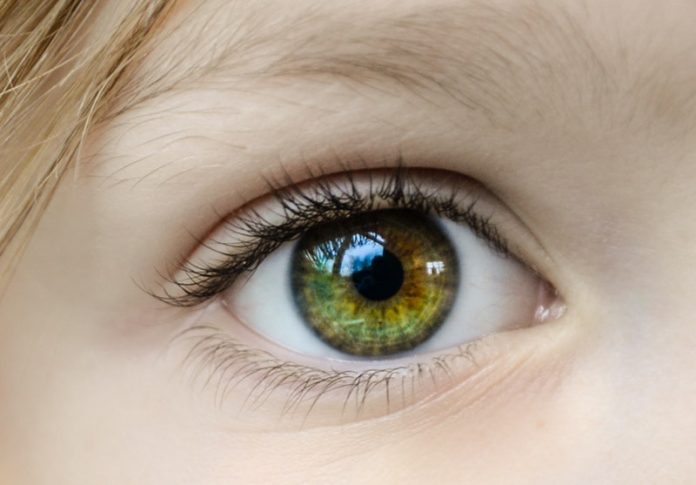
Most of the 16 million Americans diagnosed with dry eye every year get relief with artificial tears or prescription medication, but some people struggle with lingering, severe eye pain despite trying various treatments.
In a new study from the University of Miami, researchers found the answer may lie in the way their nervous system reacts to pain.
This information will help researchers find more effective treatment strategies for a complex condition that appears driven by an interplay of biological, psychological, and social factors.
Dry eye happens when the eye does not produce enough tears, resulting in eye pain, redness, stinging, burning, or blurry vision.
Unfortunately, lifestyle changes and commonly used dry eye treatments do not relieve these symptoms in some patients.
Even more frustrating, eye exams frequently do not reflect the severe pain these patients experience, making it harder to pinpoint the best treatment.
In the study, researchers used a technique called conditioned pain modulation (CPM) to evaluate how the nervous system reacts to pain in people with chronic eye pain.
People with a low CPM response experience pain more intensely than someone with a high CPM response.
Therefore, researchers assumed that people with chronic eye pain would have a low CPM response, like people who suffer from other types of chronic pain.
However, their evaluation of 296 patients found that people suffering from chronic eye pain demonstrated a normal to high CPM response.
This suggests that focusing on the nervous system may help improve treatments for this complex eye condition.
This study shows that shows abnormalities in the nervous system can contribute to painful dry eye symptoms, beyond direct damage on the surface of the eye.
The team’s hope for the future is that with more knowledge and information about the location of the abnormalities, more targeted therapies can be developed to relieve ocular pain symptoms in dry eye.
If you care about eye health, please read studies about high blood pressure may cause more diabetic eye treatments and findings of this sleep problem linked to blinding eye disease in people with diabetes.
For more information about eye disease, please see recent studies about the eyes have it for high blood pressure clues and results showing that unhealthy diet may increase risk of this dangerous eye disease.
The study was presented at AAO 2021. One author of the study is Amy Huang, MD.
Copyright © 2021 Knowridge Science Report. All rights reserved.



